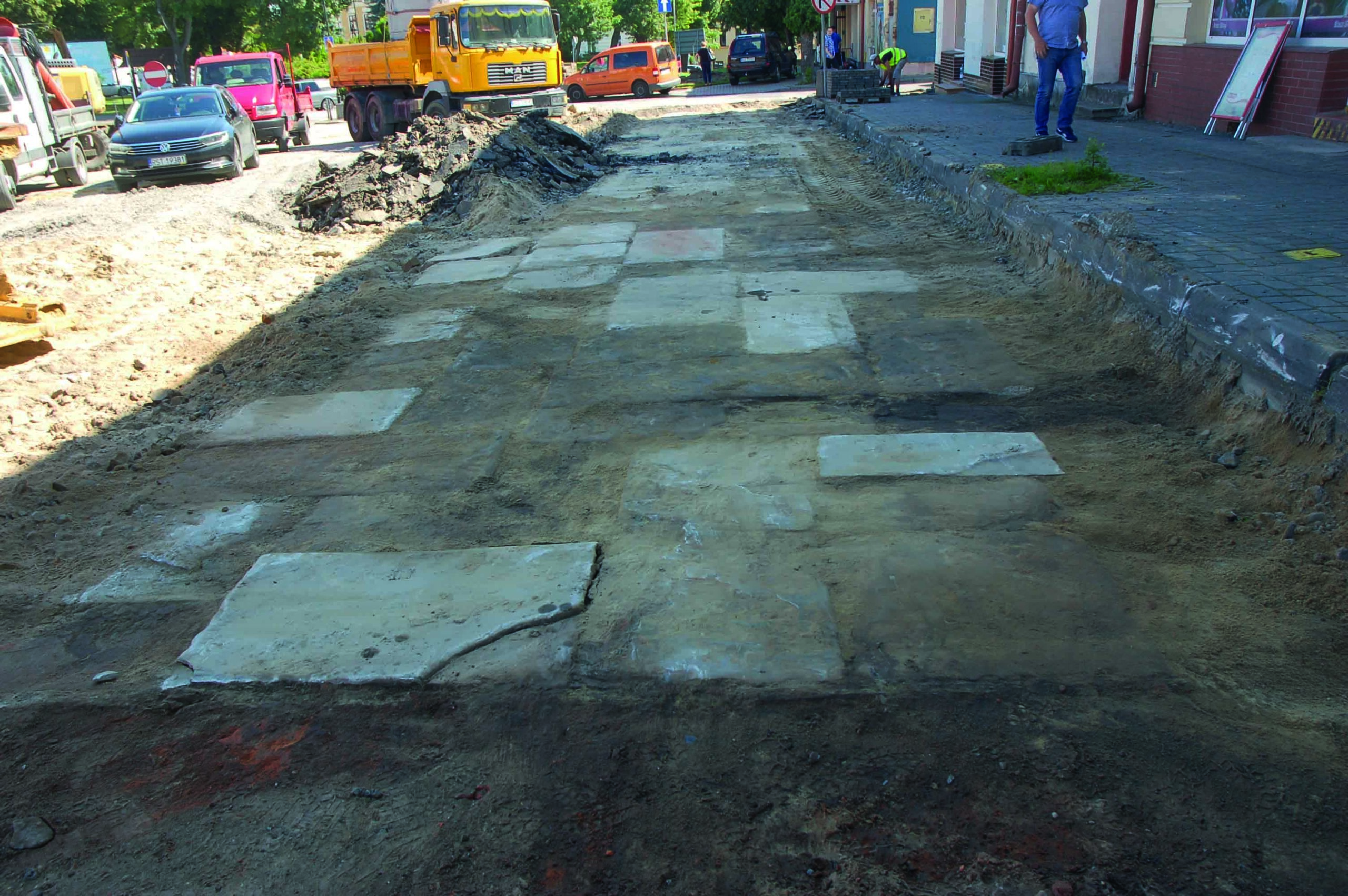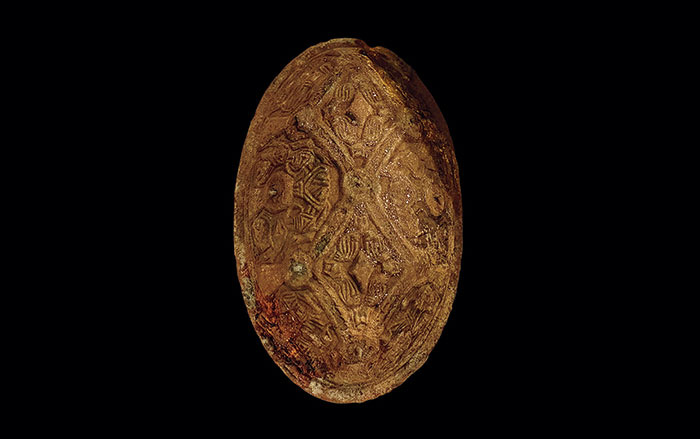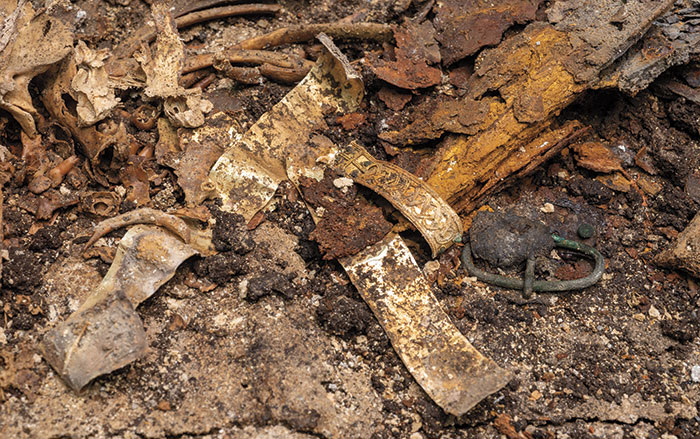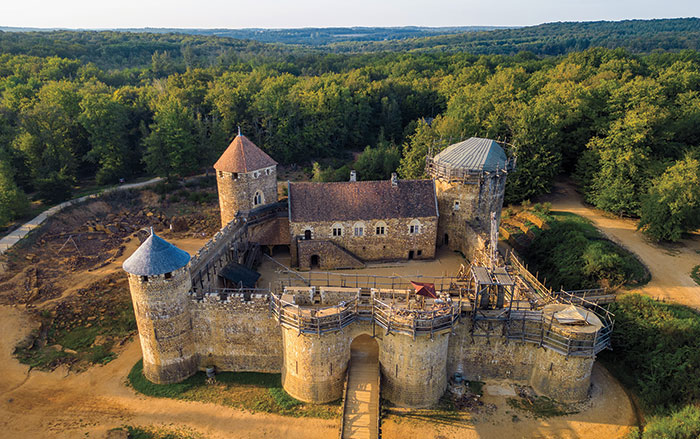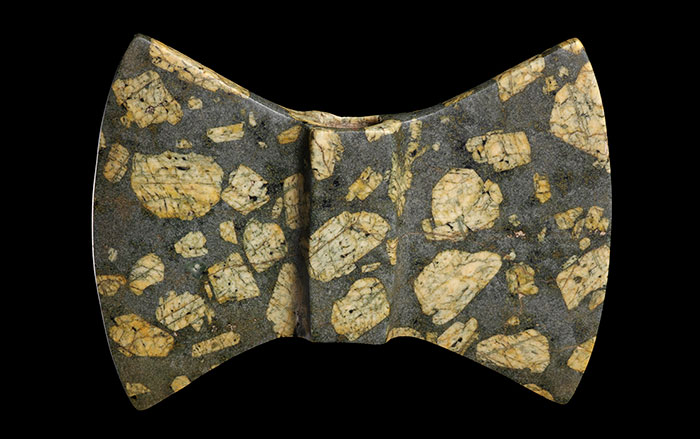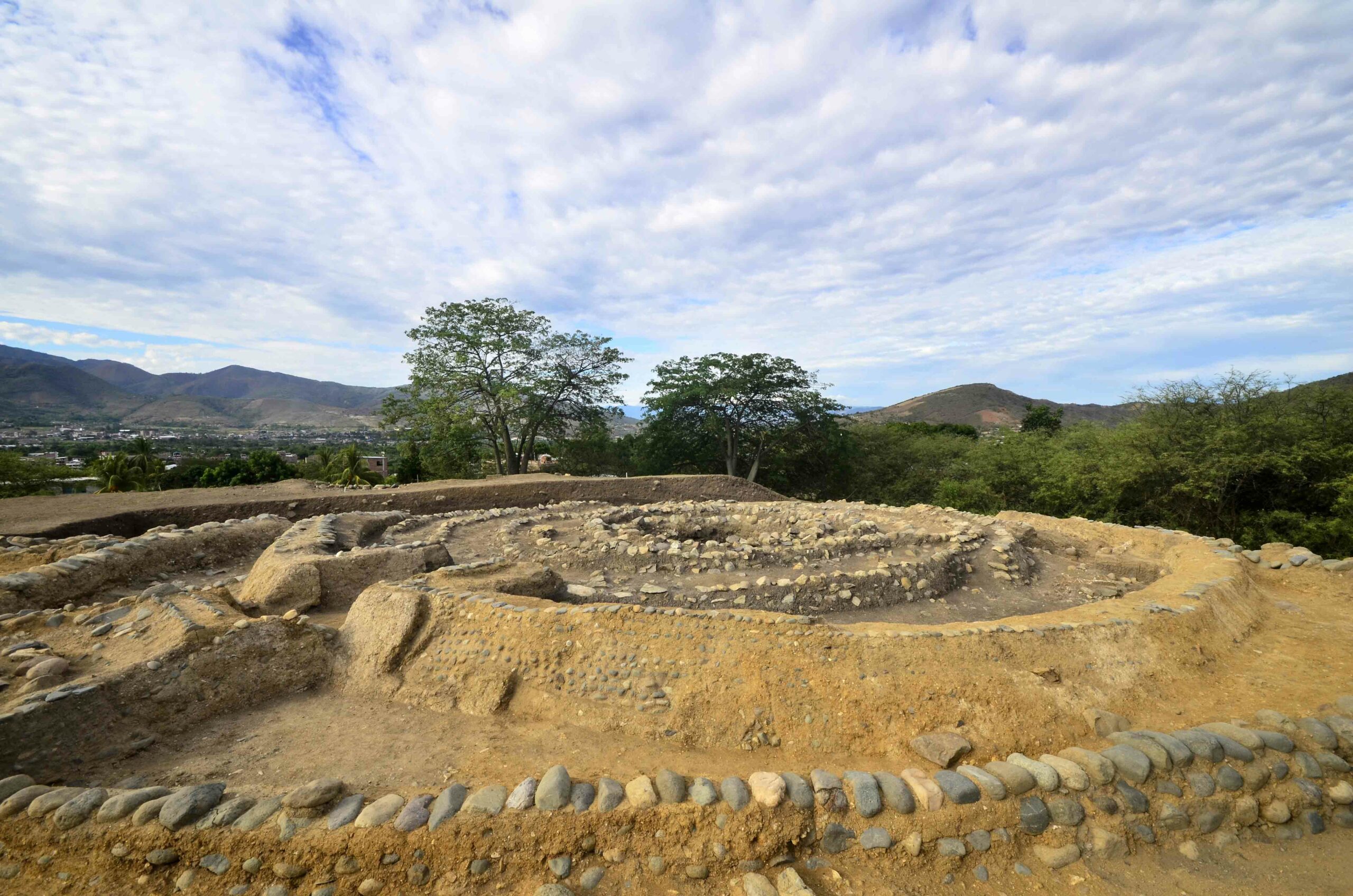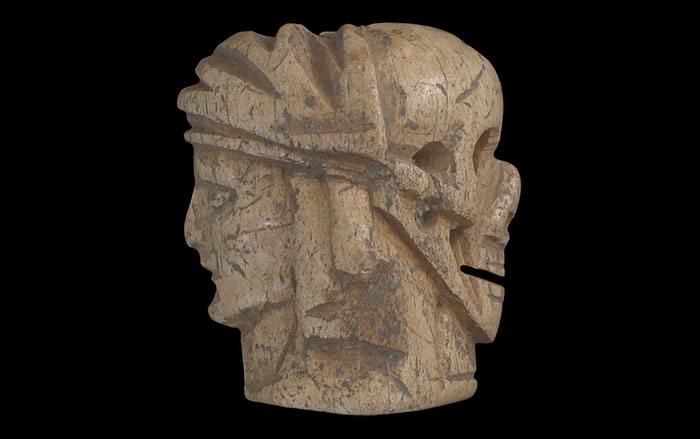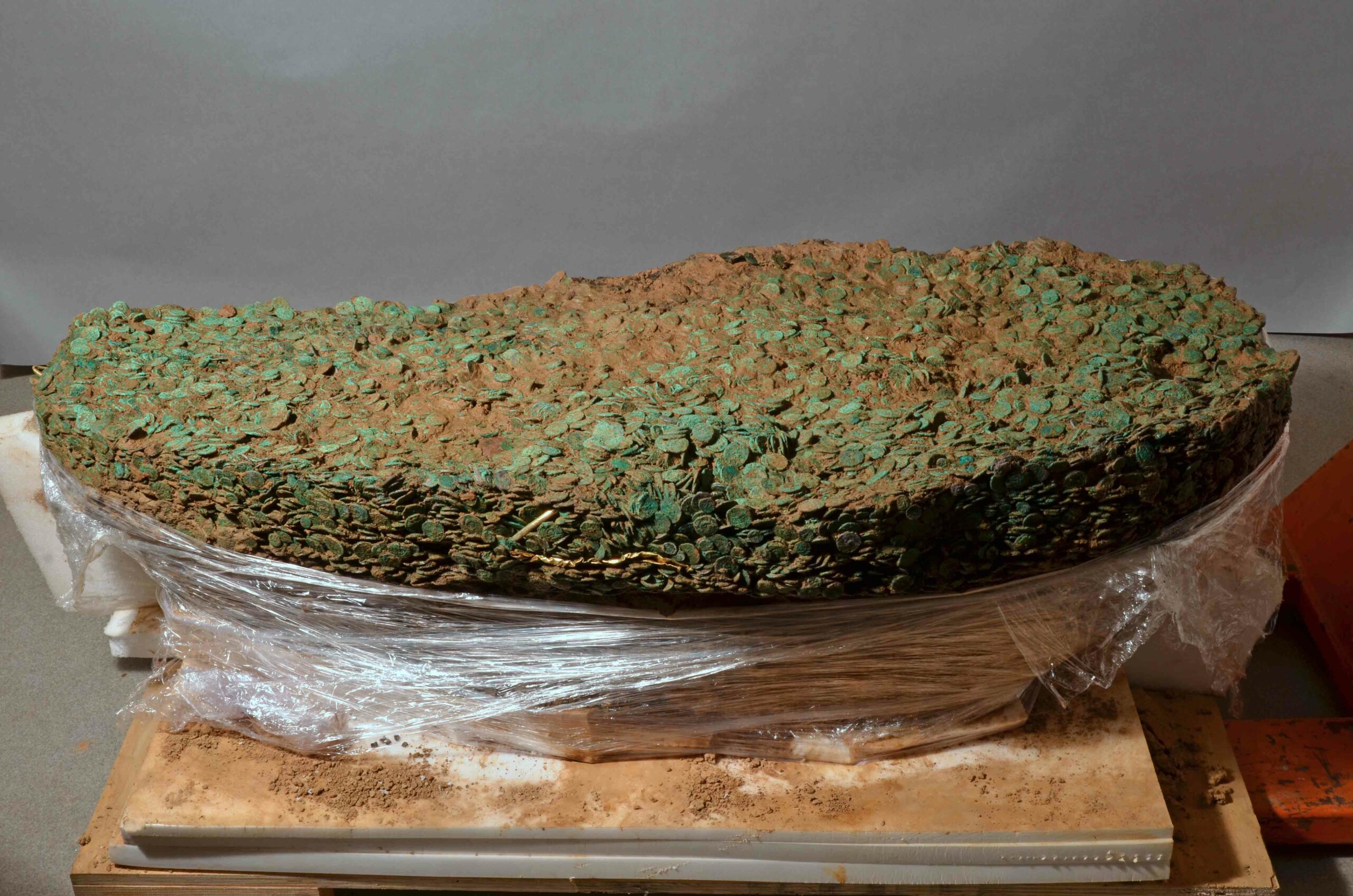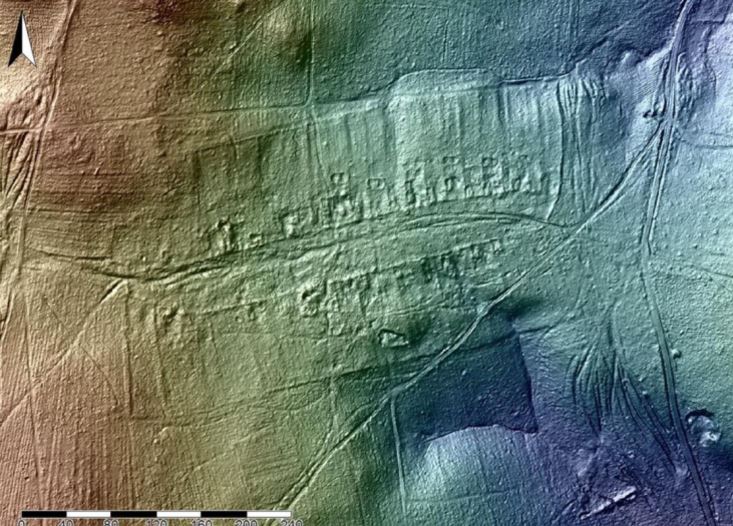
WROCLAW, POLAND—According to a report in The International Business Times, archaeologist Maria Legut-Pintal of Wroclaw University of Science and Technology has discovered the village of Goschwitz in southwest Poland. The small village consisted of about 20 farmhouses, constructed of timber framing on stone foundations, arranged around a central square. Scholars have been searching for the village, thought to have been founded some 700 years ago by the Duke of Löwenberg, who was also known as Bolko I the Strict, for more than 70 years. Using airborne laser-scanning technology, Legut-Pintal found the village, which was occupied for only 50 years. She has two ideas regarding the failure of Goschwitz: The village may have been destroyed during the Hussite Wars, or poor soil may have made survival impossible. “We will be able to answer this question only after excavation studies, when we establish the exact time of village abandonment,” she explained. For more on archaeology in Poland, go to “Off the Grid: Krakow.”


